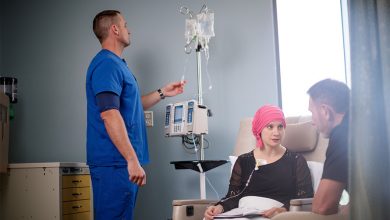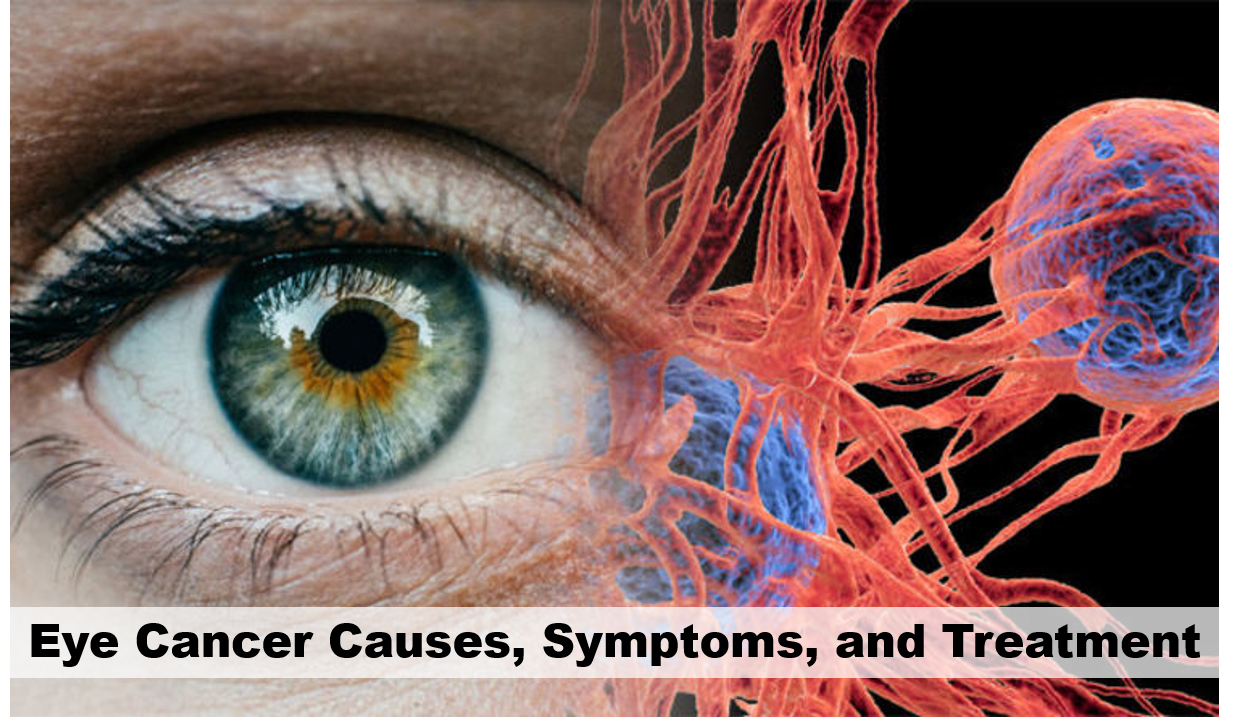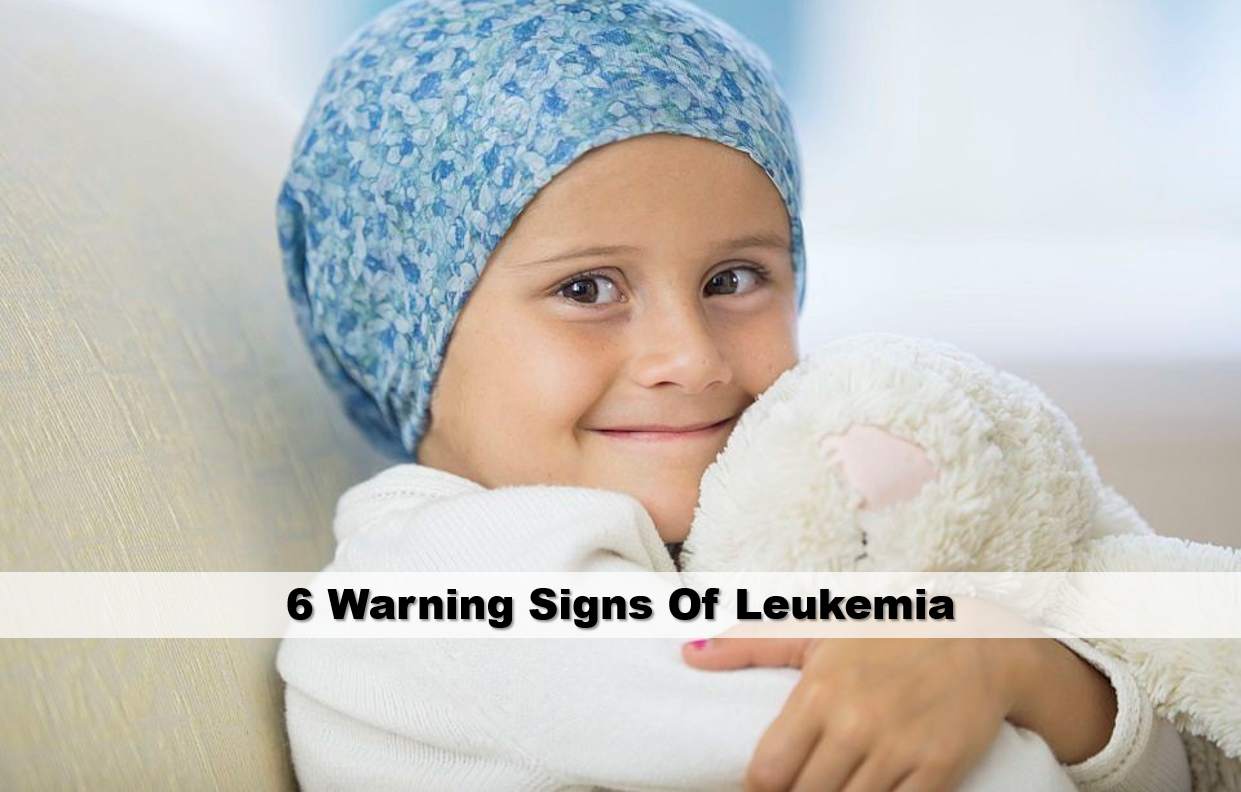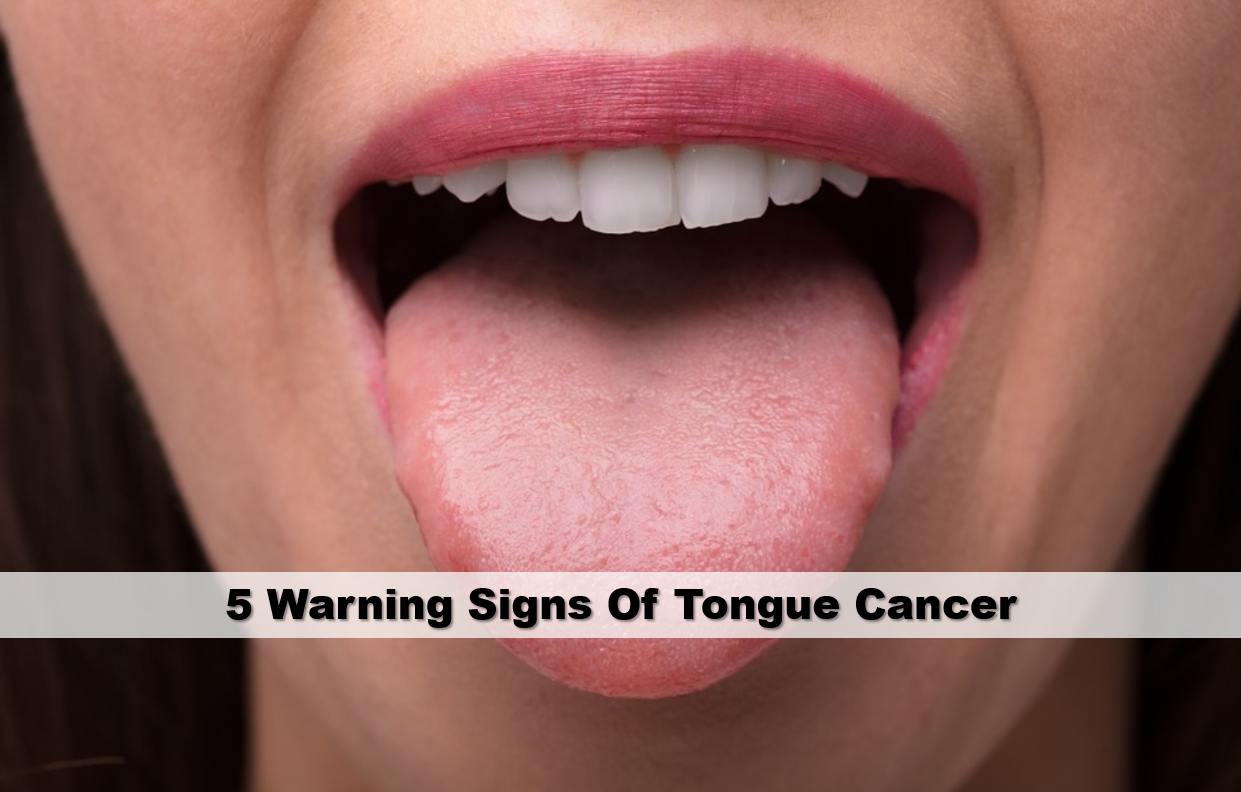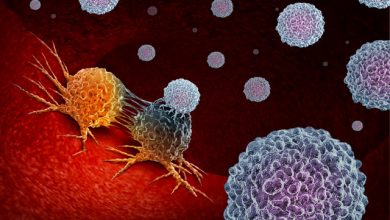Testicular Cancer Causes, Symptoms, and Treatment

Testicular Cancer Causes, Symptoms, and Treatment. Testicular cancer is a type of cancer that develops with the abnormal growth of cells in the testes. The exact cause is unknown, but there are some factors that increase the risk of cancer. Testicular cancer is most common in adult males aged 20-35 years. The incidence is 3 in 100,000 people. In fact, it is a rare tumor, and the sooner you notice, the easier it’s being treated. In this article, we will briefly talk about testicular cancer causes, symptoms, stages, early detection, and treatment below.
Testicular Cancer
The testes, male reproductive glands, are a pair of organs which is located just below the penis and covered with a skin called the scrotum. The task is to produce sperm and testosterone. It has two main types: seminoma and non-seminoma. It occurs as a result of abnormal growth of cells in the testes.
Testicular Cancer Causes

We do not know exactly what causes this disease, but there are several factors that may increase the risk of developing the disease. Having undescended testis until the age of 11 and a rare complication of mumps (mumps orchitis) increases the risk of testicular cancer in men. Carcinoma in situ (CIS) means the presence of abnormal cells in the testis. This is not a type of cancer but, if it is not treated, it can cause cancer to develop. Men with testicular cancer are also at high risk of developing cancer in other testicles. There is a small risk for men experiencing fertility problems.
Family History Affects the Cancer Risk: Having a father or brother with testicular cancer increases the risk of developing cancer. Researchers think that 1 of 5 testicular cancers is caused by inherited gene changes (faulty genes).
Testicular Cancer Symptoms
- A mass or swelling in both testes
- A feeling of heaviness in the scrotum
- Pain in the abdomen or groin
- Hydrocele (fluid to move from the abdomen into the scrotum)
- Pain in a testicle or scrotum
- Swelling or sensitivity of breasts
- Back pain
Cancer usually affects only one testicle. The most common symptom of testicular cancer is usually a painless mass or swelling in part of the testicle. However, every mass occurring in the testicles is not cancerous. The symptoms of testicular cancer may be similar to other health conditions affecting the testicles.

Testicular Cancer Stages
- Stage 1: The tumor is only tested.
- Stage 2: Cancer has spread to the lymph nodes in the abdominal region
- Stage 3: Cancer has spread to the lymph nodes except the lymph nodes in the abdomen and lungs in distant regions.
Testicular Cancer Early Detection
Early diagnosed cancers can be treated more easily. Being aware of how your testicles look and feel allows you to know when a change occurs. If you notice an unusual change for you, you should contact your doctor. You don’t need to check your testicles every day or every week. It is enough to perform this control from time to time. The easiest way to check the testicles is to have a warm shower or bath after the scrotum is relaxed.
A method to prevent testicular cancer has not yet been established. Some doctors recommend regular testicular self-exam to detect testicular cancer at the earliest stage. However, not all doctors agree. If you are unsure whether it is right for you, talk to your doctor about testicular self-exams.
Testicular Cancer Treatment
Surgical, chemotherapy and radiotherapy treatments are applied in testicular cancer according to the stage of the disease. The prosthesis can be put on the patients whose testes are taken to fix the appearance disorder. Removing one of the testicles does not affect the reproductive potential of the patient. However, there may be deterioration in reproductive functions after chemotherapy. The patient’s ability to discharge semen may be impaired.

